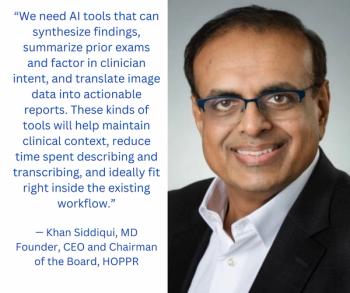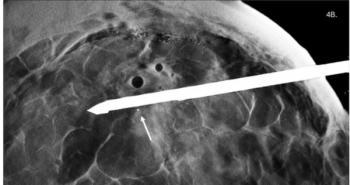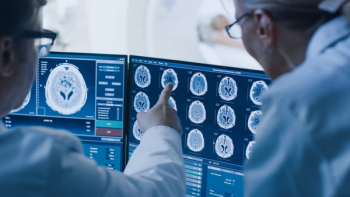
AI & Medical Imaging: The Ethical Issues, Pt. 2
Are radiologists approaching AI ethically, and what challenges exist.
The use of artificial intelligence (AI) in medical imaging is not new – in fact, it has been a topic of conversation at the Radiological Society of North America (RSNA) annual meeting for at least the past five years. And, with that continued growth comes the obligation among radiologists to approach its use in medical imaging in the most ethical ways possible.
On Monday, radiology ethics expert David Larson, M.D., professor radiology at Stanford University, discussed how data used in AI tools are now being applied to clinical care. That information holds tremendous value, but the industry does not yet have the ethical, regulatory, and legal constructs in place to ensure the data is handled in the most proper fashion.
In part two of this video series, Larson talks with Diagnostic Imaging about how far down the road providers are in approaching AI in medical imaging as ethically as possible and what challenges stand in the way to reaching that goal.
For more RSNA coverage, click
Newsletter
Stay at the forefront of radiology with the Diagnostic Imaging newsletter, delivering the latest news, clinical insights, and imaging advancements for today’s radiologists.














